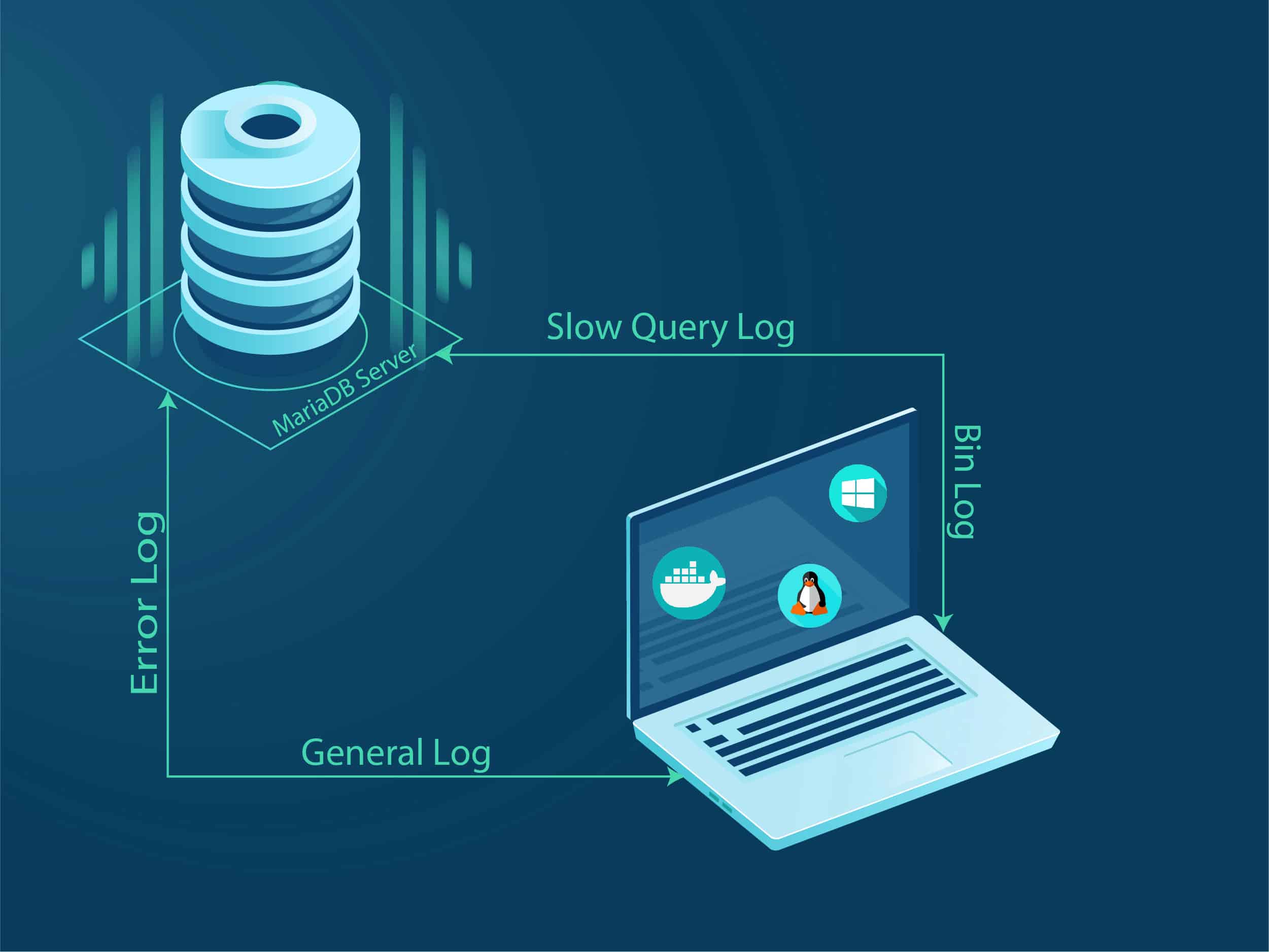Content
To operate in the United States, an investment company must either register as such with the SEC, or fall within an exception or exemption from registration. investment company cannot register with the SEC without obtaining exemptive relief, which the SEC infrequently provides. When targets lack appropriate controls to mitigate sanctions risk, acquirers should add indemnifications to purchase agreements that last at least five years to mitigate the risk of undiscovered sanctions violations cropping up after purchase. Structure of the target’s BSA/AML compliance department and the BSA Officer’s roles and responsibilities. In the context of offerings of stock and other traditional securities, these rules tend to be well understood and have been systematized, but they have not been always adequately implemented and respected by many market participants.
Is it too late to buy Cryptocurrency?
Considering the abovementioned arguments, Bitcoin’s “bubble” is unlikely to burst in the near future. Thus, it’s never too late to buy Bitcoin. However, keep in mind that every investment comes with its risks. When buying Bitcoin, one should also consider its price volatility or the lack of regulations for this market.
The world is experiencing the similar interest in the growth of Bitcoins, which was last seen in December 2017 . People see that BTC has twice surpassed the memorable peak of $20,000 and potentially experienced the characteristic FOMO effect inherent in their nature. This effect has been known for a long time, in particular, it is described in the book “Madness of Crowds” by Charles Mackay . Since the start of the pandemic panic of March 2020, the TOTAL index, which takes into account all cryptocurrencies, has grown by almost 1000%. from the point of view of the analysis of trading volumes in interaction with the price.
When Bitcoin Became Legitcoin
Realtime or daily updates of account totals with a private client interface – most crypto funds don’t do this yet. Six Unicorns – companies valued at more than USD 1 billion – are based in Crypto Valley. Ovex’s has signed partnerships with Lingham’s blockchain identity firmCivic, as well as with San Francisco basedTrueUSD. Its deal with the latter allows Ovex users to purchase TUSD — a US dollar backed stable coin — at the bank rates and have it deposited directly into their Ovex account wallet. According to an article in crypto publication CoinGeek, Centbee has established relationships with retailers that include Picknpay Hypermarket, Shoprite, Checkers, Builders Warehouse, Dion Wired, Ackermans and Pep.
Asset management giant Fidelity is also preparing to buy and sell Bitcoin on behalf of institutional clients. However, although the interest of major corporations may draw more attention to cryptocurrencies, analysts say it is unlikely to be the reason behind Bitcoin’s price rise. acebook, meanwhile, is stepping up plans to release its own cryptocurrency, known as GlobalCoin. Although early indications suggest Facebook’s coin will bear few similarities to Bitcoin, the social network’s entry into the space may lend the industry some legitimacy. he price of Bitcoin, and most other cryptocurrencies, is volatile and unpredictable, but analysts point to a handful of reasons behind the revival in its price. Although still some way off its record highs, Bitcoin’s surging price in the last month has been enough for some analysts to declare the end of the “crypto winter” – the brutal decline in prices that follows a boom. On December 16 last year – almost exactly a year after its all-time high – its price had dropped by 85pc, a salutary warning to those who had dabbled in cryptocurrencies.
- it should not be surprising that offerings of digital assets (also known as “token offerings,” “initial token offerings,” “token launches,” “token sales,” “initial coin offerings,” or “ICOs”) have become a popular fundraising tool for blockchain companies.
- One factor has been a regulatory clampdown on ICOs in several important jurisdictions, particularly the US.
- Values were recorded at around $0.38 (£0.30) on Monday, before rising to a high of $0.47 (£0.37) today, says the ranking site.
- I consent to receive educational trading material and marketing communication from the FXCM Group of companies.
For example, Japanese exchange Coincheck lost more than US$500 million worth of digital currency in 2018 because of hackers. In January of that year, investors traded more than US$8 billion worth of the currency pair through the exchange.
Bitcoin Is Overdue Another Bull Run If Crypto Patterns Repeat, A Senior Btc Analyst Has Announced
But digital assets do not always have straightforward analogous traditional counterparts. Digital assets may have characteristics of several categories of traditional intangible property, or may have no analogous counterpart at all. Finally, CFIUS may also review certain transactions involving a U.S. blockchain target to the extent it maintains or collects sensitive personal data of U.S. citizens, including financial, geolocation, and health data. Issuers of digital assets who have either engaged in what could be deemed to be an unregistered offering, including by virtue of failing to qualify for an exemption from registration, can consider self-reporting to the SEC, cooperating with the SEC staff during any inquiry or investigation, and the voluntary adoption of remedial measures. Outside the digital asset space, the SEC has settled matters in which cooperation substantially mitigated the sanctions, including that civil penalties were not imposed. In addition, blockchain companies often operate in markets that span national borders.
acquirer deposit the amount of the reverse break fee into a U.S. escrow account in U.S. dollars. acquirers may also consider purchasing CFIUS-risk insurance to cover payment of the reverse break fee, plus other broken deal costs, such as attorneys’ fees, investment banking fees, financing costs, and other due diligence expenses, at a cost of approximately 10% to 15% of the reverse break fee.
This creates significant risk for companies that operate in the blockchain space since digital assets may facilitate anonymous or pseudonymous transactions such that blockchain participants could unwittingly engage in transactions prohibited by sanctions. it should not be surprising that offerings of digital assets (also known as “token offerings,” “initial token offerings,” “token launches,” “token sales,” “initial coin offerings,” or “ICOs”) have become a popular fundraising tool for blockchain companies. Acquiring a blockchain target that also holds digital assets, or paying part or all of the consideration for a target with digital assets, presents additional challenges. For example, despite a regulatory framework in flux, Coinbase has thrived and expanded through 16 acquisitions across diverse industries, from digital wallet services to data and analytics API development. This ingathering of different services and business solutions under a single umbrella has enabled the exchange to tap diverse revenue streams to support its growth into arguably the largest U.S. cryptocurrency exchange, a business scaled up to handle $500 million in trade volume daily. Other major exchanges worldwide, including Kraken and Binance, have taken similar approaches and reaped similar rewards. In addition to a desire to drive growth, diversify the range of existing blockchain-related offerings, or pivot toward new business lines, many blockchain M&A transactions are being pursued to gain access to skilled talent as well as address a rapidly evolving regulation of digital assets.
Why Bitcoins Future Is Uncertain In The Uk
Fast-forward 12 months and cryptocurrencies in commercial terms is still juvenile. The founders are focused on more than just sexy gains and value client security and best practices. In short, it is the only way that I can feel safe to bring in clients, especially when they are looking to come in at 100K+ investment levels. This is how algo funds will be able to grow and sustain over time, especially when EU regulation does hit the crypto world.

The startup’s platform also caters for data-sensitive users in markets where data costs are high and coverage can be limited. The exchange claims it currently supports over 40 different cryptocurrencies, which the startup claims is the largest offering in Africa.
However, as many of these companies have gone sour, what money is left in the industry has fled back to the relative safe haven of Bitcoin, helping support its price. Bitcoin currently makes up 57pc of the total market value of all cryptocurrencies. It is then no surprise that the Office of Foreign Assets Control , the U.S. agency primarily responsible for implementing and enforcing U.S. sanctions, has taken an interest in blockchain-related transactions.
What Traders Can Learn From Crypto Winter
If you have any questions about virtual and cryptocurrencies arising out of this KeyNote, please do not hesitate to contact Adrian Shedden using the details below. Add to this mix that China has announced it is ready to roll out the world’s first digitised domestic currency, attracting the attention of financial service industries across the globe, and it is clear that this is an industry that will only continue to grow. The big challenge for regulators will be to keep pace with such financial innovations.

Its investors include the Naspers Group, Rand Merchant Investment Holdings, Balderton Capital, Digital Currency Group and Venturra Capital. VALR’s platform uses artificial intelligence and machine learning to streamline the ID verification process, allowing new customers to be verified within minutes. It also offers an advanced application programming interface that allows automated trading on the platform. Market-takers — customers who execute trades immediately — are charged 0.2%, what VALR claims to be the lowest fee on the market. With experts reporting in recent months that crypto winter is now over, things are hotting up in the SA crypocurrency scene — with five major SA crypto deals valued at over R60-million having being announced since the beginning of this year.
These laws also give individuals the right to request that businesses delete or correct their personal information. Due to the immutable nature of blockchain data, deleting and making changes to data that is stored on the chain is impossible or practically impossible. Therefore, business models that use blockchain must find other ways to honor these requests, such as, possibly, by all participants disposing of a decryption key or by adding a corrective annotation to the data that the individual requested to correct. Data protection laws often also give individuals various rights with regard to companies’ use of their data. Sometimes, laws require that individual consent be obtained in order for their data to be used. In a blockchain model, this would require the individual to agree, electronically, to a data agreement before their personal information can be processed on the chain.
Bitcoin has experienced a wretched 18 months, which witnessed approximately 80 percent wiped off the flagship crypto’s price. But this well-documented ‘crypto winter’ may have actually disguised bullish signs for BTC.
VALR pays market-makers — customers that provide liquidity to its platform — 0.1% of their total trade value, bringing a “negative fee” structure to the market for the very first time. This interest combined with performing technology can give birth to specific hedge funds in the crypto world. We can notice a growing interest in crypto coming from both institutional investors and general population. “Typically, within 12 months of ‘a halving’ the price of bitcoin does well,” Brown says. A common criticism of Bitcoin is that the currency has not fulfilled its original purpose as a payment system free from bank and credit card fees.
Coinbase, for example, obtained a broker-dealer license, an alternative trading system license, and a registered investment adviser license through its simultaneously announced acquisitions of Keystone Capital Corp., Venovate Marketplace, Inc., and Digital Wealth LLC in 2018. Similarly, Kraken acquired UK-based Crypto Facilities Ltd, an entity registered with the UK’s Financial Conduct Authority, which allowed Kraken to offer its customers the ability to trade digital asset derivative products beyond the U.S.’s trading‑hour limits and expand its European customer base. In August 2018, the Japanese e-commerce giant Rakuten, Inc. acquired the crypto exchange platform Everybody’s Bitcoin for $2.4 million. Rakuten then used that acquisition as its on-ramp for further blockchain partnerships and spot trading services through the end of 2019. The debate will continue on whether the latest increase in the value of Bitcoin is indicative of ‘the good times returning’ for crypto assets or just another short lived upturn.
Most blockchain teams do not necessarily view the top-down decision making, structural controls, discipline, well-defined processes, or the reassuring predictability of legacy companies as ideal or consistent with their ethos. Moreover, it is no secret that skilled employees are in demand; most of them are often millennials who are passionate about creating technology with social impact and expect to continue learning “on the job” in a collaborative environment while retaining autonomy and access to the latest tools and technologies.
Which Cryptocurrency has best future?
What is the Best Cryptocurrency?Bitcoin (BTC) The granddaddy of all cryptocurrencies, Bitcoin was first and is the most well-known cryptocurrency on the market.
Ethereum (ETH)
Ripple (XRP)
EOS (EOS)
Bitcoin Cash (BCH)
Litecoin (LTC)
Chainlink (LINK)
Even if we look at our somewhat flawed cryptocurrency bellwether, the forecast looks bright enough. As of this writing, the price of bitcoin seems to have stabilised in the $6,000-$7,000 range and ether in the $ band. Through the end of March, bitcoin had lost almost two-thirds of its value, dropping back down to $6,000. The market capitalisation of all cryptocurrencies shrank from $800 billion to just under $250 billion. For those of us who work in blockchain – the technology that makes Bitcoin and other cryptocurrencies possible – it was hard not to see the rally as a validation of what we were doing.
persons when, in the president’s view, such transactions threaten the national security of the United States and the threat cannot otherwise be mitigated. In addition, contrary to CFIUS’s long-standing history as a purely voluntary process, certain transactions by non-U.S. Under the recent regulations implementing the Foreign Investment Risk Review Modernization Act of 2018, CFIUS has the authority to review not only transactions through which a non-U.S. person could gain “control” of a U.S. business, but also certain non-controlling investments in U.S. businesses involving critical technologies, critical infrastructure, or sensitive personal data (so‑called TID businesses). CFIUS is an interagency committee of the U.S. government that reviews certain prospective transactions involving a U.S. businesses by a non-U.S. person to determine, and potentially mitigate, the effect of such transactions on the national security of the United States, including by addressing any risks associated with the transfer of technology, sensitive personal data, and other resources outside of the United States.
Bitcoin set off to outperform all the other asset classes in 2020, and indeed almost any other period over the last decade. The crypto winter was finally over, and the crypto community was looking forward to Bitcoin’s third halving event to drive the price of Bitcoin and the entire market. Unfortunately, the coronavirus pandemic poured cold water on all hopes of a bull market. In March 2020, the WHO declared COVID-19 a global pandemic resulting in a 50 percent dip in Bitcoin price.
Investors flocked to the digital currency market, which caused the price of cryptocurrencies to climb significantly. Some critics stated that this created artificially inflated asset values, which would eventually come down. One of the most basic tenets of digital currencies and blockchain technology is the benefits provided by decentralisation. Unfortunately, cryptocurrency exchanges manage to centralise significant resources, which can make them attractive targets for hackers. This coincided with a sharp decline in the value of many digital assets, including Bitcoin, whose price fell from more than US$20,000 in December 2017 to less than US$3,200 in December 2018. At a time when the broader digital currency industry has been struggling with numerous headwinds, cryptocurrency traders have significant opportunities to learn from these changes.
While blockchain-related M&A transactions are relatively new in the M&A landscape, IP rights considerations are simply variations on standard themes. An acquirer of a blockchain target may, however, find additional potential risks, including those related to a more pronounced reliance on open source software, and a greater likelihood of a target being subject to patent litigation claims. The following are a sampling of IP rights considerations that should be kept in mind when performing IP due diligence of a blockchain target. The Investment Company Act of 1940, as amended (the “1940 Act”), imposes a strict regulatory regime on investment companies that are required to register under the 1940 Act. Although the above addresses the U.S. legal requirements, many jurisdictions have similar statutory and regulatory frameworks in place, and the following principles generally apply, and should be considered, for transactions involving foreign virtual money transmitters as well. An MSB that violates the registration requirement and BSA/AML program requirements can face enforcement actions from regulators or law enforcement agencies, which may include severe monetary penalties.











